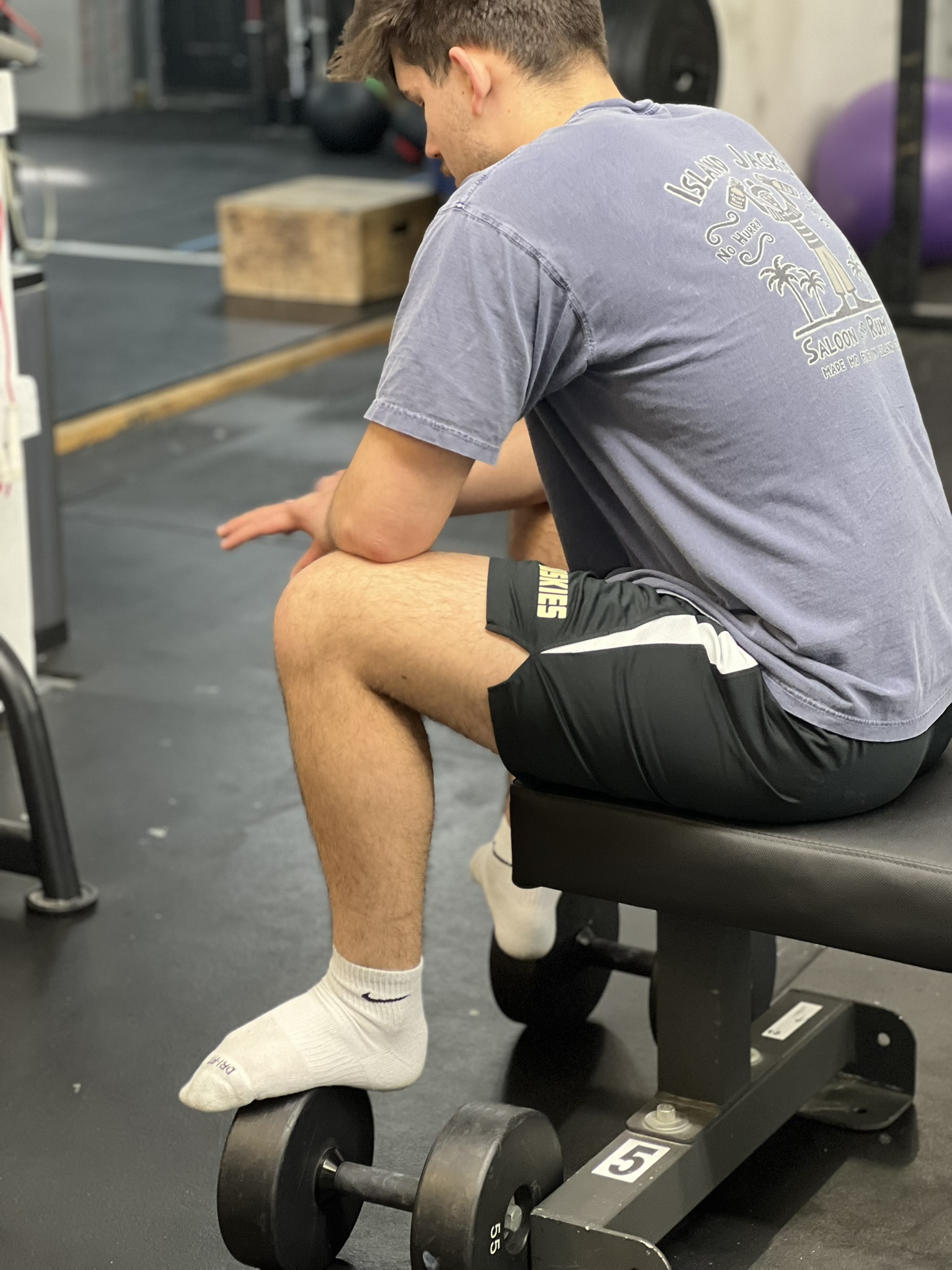Is Hard Work Enough?

You’ve probably been told your whole life: work harder.
And if you’re the parent of a teen athlete, you know your kid has done it. Hours of training. Sacrifices of social events. Sweat. Pain. You’ve driven them to every early morning practice and late-night gym session. You’ve seen the dedication.
But here’s the trap many athletes fall into, and it’s one that secretly sabotages all that effort:
They start believing that if they just worked harder, they wouldn’t make mistakes.
The Hard Work Trap
For your 13- to 18-year-old, a mistake—a missed shot, a dropped ball, a mental lapse—starts to feel like proof they’re not good enough.
So, what happens? Confidence gets replaced by fear.
Instead of playing free, intuitive, and explosive, they start to play robotic. Their movements are stiff. They hesitate. They pass when they should shoot. They become paralyzed by the need for perfection.
I see this all the time with players who are fit, skilled, and incredibly committed. They have the physical tools, but when the big moment comes—the playoff game, the college showcase, the clutch play—they freeze.
It's not because they’re lazy. It's not because they don’t care.
It's because their main motivation has become avoiding mistakes.
And that’s the fastest, most effective way to waste all their hard work.
The True Definition of a "Good Mistake"
The reality is simple: even the hardest workers make mistakes.
Think about the best professional athletes in the world. They still miss a free throw, lose a defender, or turn the ball over. The difference is how they process the mistake.
Mistakes aren’t proof of weakness. They’re proof you’re growing. They’re data points. They show you where the edge of your current ability lies.
The best players in any sport don't avoid mistakes.
- They risk. They try the difficult pass or the aggressive move.
- They adapt. They learn instantly from what just happened.
- They recover faster. They reset their focus immediately for the next play.
That’s why their work actually pays off. They use their hard work to build skill, and they use their mistakes to build courage.
Hard Work+Fear=Wasted Effort
Hard Work+Courage=Growth
Training the Mind
As a parent, your greatest support often needs to shift from chauffeur and water-carrier to mental coach.
If your athlete wants to stop letting fear own their game and finally play free, they need to train the thing that controls it all—their mind.
3 Ways Parents Can Encourage Mental Toughness
- Change the Post-Game Question: Stop asking, "Did you win?" or "Why did you miss that shot?" Instead, ask, "What's one thing you tried tonight that you hadn't done before?" This celebrates effort and risk, not just outcome.
- Normalize Mistakes: When they come home discouraged, share a story (even a silly one) about a mistake you made at work or in life this week, and how you recovered. Show them that mistakes are normal and necessary.
- Encourage "Short-Term Memory": Explain that a great athlete has a 10-second memory for mistakes. A fumble happens. They take a deep breath. They say "Next Play." Help them practice this simple, immediate reset at home or even after a bad test grade.
Hard work is the foundation, but courage is the cement. Help your athlete see their errors not as personal failings, but as fuel for the next great play.
Ready to train?
If you're looking to grow muscle, increase explosiveness and practice result-driven routines to make an impact for your next sport season, hit the link below and train with us today!
.svg)
.svg)
.avif)
